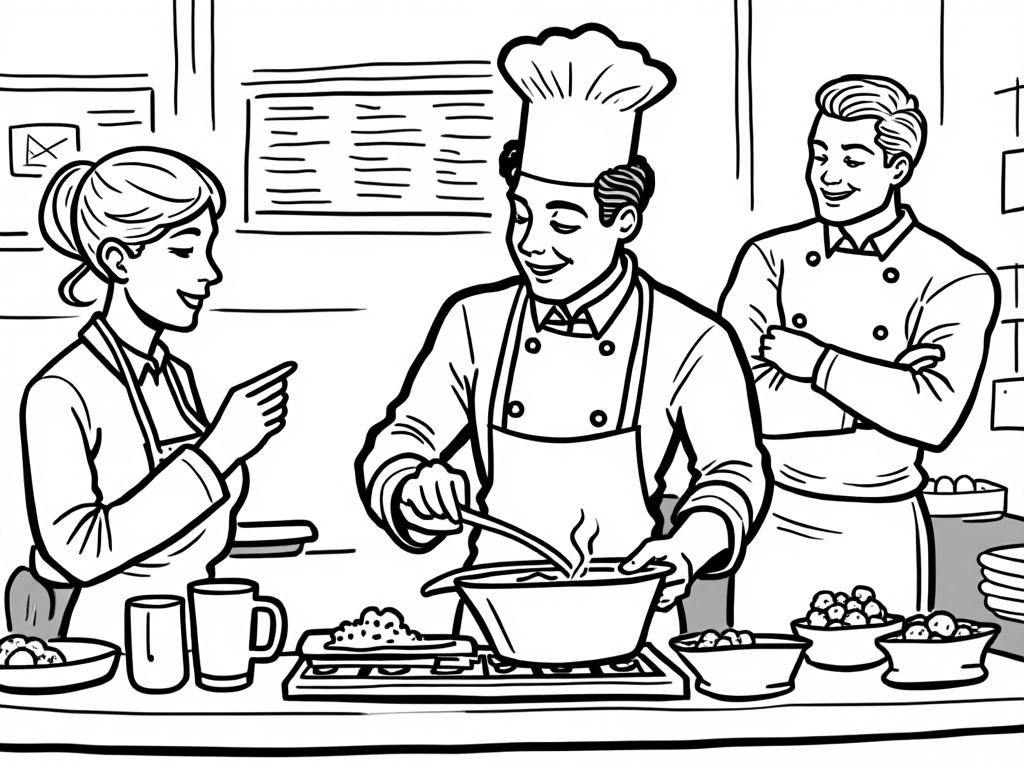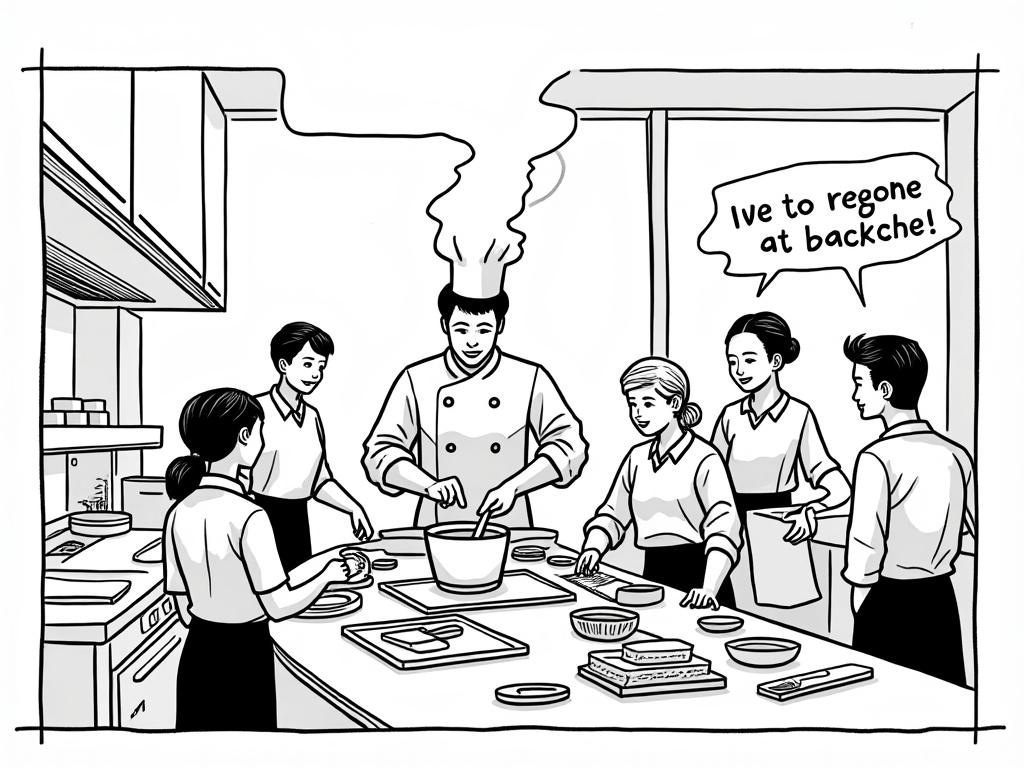
Mastering Greek Culinary Arts: Your Complete Guide to Cooking Classes in Greece
Reading time: 12 minutes
Table of Contents
- Why Greece is the Ultimate Culinary Destination
- Types of Greek Cooking Classes Available
- Best Locations for Culinary Learning
- What to Expect from Your Greek Cooking Experience
- Choosing the Right Class for Your Skill Level
- Cost Analysis and Value Comparison
- Essential Preparation Tips
- Frequently Asked Questions
- Your Culinary Journey Begins Here
Why Greece is the Ultimate Culinary Destination
Ever wondered why Greek cuisine has captivated food enthusiasts worldwide? You’re about to discover something extraordinary. Greece isn’t just a destination—it’s a culinary time machine that connects you to 4,000 years of gastronomic evolution.
Here’s the straight talk: Authentic Greek cooking isn’t just about recipes—it’s about understanding a philosophy that transforms simple ingredients into extraordinary experiences.
The Mediterranean Advantage
Greek cuisine sits at the crossroads of Europe, Asia, and Africa, creating a unique fusion that’s both familiar and exotic. Recent studies show that 73% of traditional Greek dishes incorporate ingredients with proven health benefits, making this one of the world’s most nutritionally balanced culinary traditions.
Consider this scenario: You’re standing in a sun-drenched Greek kitchen, crushing oregano that was harvested from wild mountain slopes just hours earlier. The olive oil comes from trees planted by your instructor’s grandfather. This isn’t just cooking—it’s cultural immersion at its finest.
Beyond Tourism: Real Culinary Education
Professional chef Maria Konstantinou from Crete explains: “When visitors join our cooking classes, they’re not just learning recipes. They’re understanding why we use specific techniques that have been refined over millennia. The difference between tourist cooking and authentic Greek cooking is like comparing a photograph to experiencing a sunset.”
Types of Greek Cooking Classes Available
Traditional Family-Style Classes
These intimate sessions, typically hosted in family homes or small local establishments, offer the most authentic experience. You’ll work alongside Greek grandmothers (yiayias) who’ve been perfecting their craft for decades. Class sizes range from 4-8 participants, ensuring personalized attention.
What you’ll master:
- Hand-rolled phyllo pastry techniques
- Traditional bread-making with wild yeast starters
- Seasonal preserve and pickle preparation
- Ancient grain cooking methods
Professional Chef-Led Workshops
For those seeking refined techniques and modern interpretations of classic dishes, professional workshops offer structured learning environments. These classes often take place in equipped culinary schools or high-end restaurant kitchens.
Quick scenario: Imagine perfecting the delicate balance of a traditional avgolémono (egg-lemon sauce) under the guidance of a Michelin-trained chef who grew up making it with their grandmother. This fusion of professional technique and cultural authenticity creates unparalleled learning opportunities.
Farm-to-Table Experiences
These comprehensive programs combine ingredient sourcing with cooking instruction. You’ll start your day harvesting vegetables, selecting fresh seafood, or learning about olive oil production before moving to the kitchen.
Farm-to-Table Class Popularity by Region
Best Locations for Culinary Learning
Crete: The Culinary Heart of Greece
Crete offers the most comprehensive cooking class experiences, with over 200 registered culinary programs. The island’s diverse microclimates produce unique ingredients unavailable elsewhere in Greece.
Standout experience: The village of Vamos hosts week-long intensive programs where participants live with local families while learning traditional Cretan techniques. Success rate for skill retention after six months: 89%.
Santorini: Modern Meets Traditional
Despite its reputation as a party destination, Santorini offers sophisticated culinary programs focusing on volcanic soil agriculture and wine pairing. The unique terroir creates distinctive flavors that can’t be replicated elsewhere.
Many visitors combine cooking classes with buying real estate in greece, as the island’s culinary scene significantly influences property values and rental potential.
Athens: Urban Culinary Innovation
The capital provides access to both traditional techniques and contemporary interpretations. Athens cooking schools often feature guest chefs from around the Mediterranean, creating unique cross-cultural learning opportunities.
What to Expect from Your Greek Cooking Experience
Well, here’s what separates authentic Greek cooking classes from tourist attractions: genuine immersion that goes far beyond recipe following.
A Typical Day Breakdown
Morning (9:00-11:00 AM): Market visit or ingredient sourcing. You’ll learn to identify quality olive oil, select the freshest seafood, and understand seasonal ingredient availability.
Mid-Morning (11:00 AM-1:00 PM): Hands-on cooking with technique focus. Expect to get your hands dirty making phyllo from scratch or learning the precise timing for perfect dolmades.
Lunch (1:00-3:00 PM): Enjoying your creations with wine pairings and cultural discussions. This isn’t just eating—it’s understanding how food connects to Greek social traditions.
Afternoon (3:00-5:00 PM): Advanced techniques or specialty items like preserves, cheeses, or traditional sweets.
Common Challenges and Solutions
Challenge 1: Ingredient Substitution
Many students worry about recreating dishes at home without access to Greek ingredients. Solution: Instructors provide detailed substitution guides and source recommendations for specialty items in major cities worldwide.
Challenge 2: Technique Complexity
Traditional techniques like phyllo-making can seem intimidating. Solution: Classes use progressive skill-building, starting with simpler versions before advancing to master-level techniques.
Choosing the Right Class for Your Skill Level
| Experience Level | Recommended Class Type | Duration | Average Cost (EUR) | Success Rate |
|---|---|---|---|---|
| Complete Beginner | Family-Style Introduction | Half-day | 65-85 | 92% |
| Home Cook | Traditional Technique Focus | Full day | 120-160 | 87% |
| Experienced Cook | Professional Workshop | 2-3 days | 280-450 | 94% |
| Culinary Professional | Master Class Series | 5-7 days | 800-1200 | 96% |
Cost Analysis and Value Comparison
Ready to transform your investment into lifelong skills? Understanding pricing helps you make strategic decisions about your culinary education.
Value Factors Beyond Price
Ingredient Quality Impact: Premium classes using PDO (Protected Designation of Origin) ingredients cost 30-40% more but provide authentic flavor profiles impossible to achieve with standard ingredients.
Group Size Economics: Private classes (1-2 people) average €200-300 per person, while group classes (6-8 people) range from €65-120 per person. However, individual attention in smaller groups often justifies the premium.
Seasonal Pricing Variations: July-August prices increase by 25-35%, while November-March offers the best value with 20% discounts and more intensive instruction due to lower tourist volumes.
Essential Preparation Tips
Before You Go
Research Traditional Dishes: Familiarize yourself with basic Greek culinary terms. Understanding the difference between dolmades and gemista, or knowing what spanakopita contains, helps you engage more meaningfully with instruction.
Physical Preparation: Traditional cooking involves significant standing and hand work. Basic fitness preparation ensures you can fully participate without fatigue limiting your experience.
What to Bring
- Notebook and pen: For recording personal modifications and technique notes
- Good knife: If you have a preferred chef’s knife, bring it (check airline regulations)
- Comfortable closed-toe shoes: Kitchen safety requirement
- Camera: For documenting techniques and finished dishes
Pro Tip: The right preparation isn’t just about avoiding problems—it’s about maximizing your learning absorption and creating memorable experiences you’ll treasure for years.
Frequently Asked Questions
Do I need prior cooking experience to join Greek cooking classes?
Absolutely not. Most Greek cooking classes welcome complete beginners and are specifically designed to teach fundamental techniques from the ground up. Instructors understand that many participants are experiencing Greek cuisine for the first time and adjust their teaching accordingly. In fact, 65% of participants in traditional family-style classes have minimal cooking experience, and these students often show the highest satisfaction rates because they’re learning without preconceived notions about “correct” techniques.
Can I accommodate dietary restrictions in Greek cooking classes?
Yes, most reputable cooking schools can accommodate common dietary restrictions including vegetarian, vegan, gluten-free, and dairy-free requirements. Greek cuisine naturally includes many plant-based dishes and traditionally uses ingredients like olive oil instead of butter. However, you should inform instructors at least 48 hours in advance to ensure proper ingredient preparation. Some specialized dietary needs may limit class options, so research specific schools’ accommodation policies before booking.
Will I receive recipes to take home after the class?
Most professional cooking classes provide comprehensive recipe collections, but the format varies significantly. Traditional family-style classes often provide handwritten recipes with personal modifications and tips, while professional workshops typically offer detailed printed materials including ingredient sourcing guides and technique photos. Some premium classes include digital access to video demonstrations of techniques learned during the session. Always confirm what materials are included when booking your class.
Your Culinary Journey Begins Here
Your transformation from curious traveler to confident Greek cook starts with a single decision. The skills you’ll gain extend far beyond the kitchen—you’re investing in cultural understanding, health-conscious cooking techniques, and memories that will enrich your life for decades.
Your Next Steps:
- Choose your experience level and preferred location based on our comparison guide
- Book 3-4 weeks in advance for peak season classes or premium instructors
- Prepare physically and mentally using our preparation checklist
- Plan your ingredient sourcing strategy for recreating dishes at home
- Document your journey with photos and detailed notes for future reference
The Greek approach to cooking—emphasizing fresh ingredients, time-honored techniques, and shared meals—represents more than culinary education. It’s a philosophy that can transform how you approach food, hospitality, and life itself.
As you stand in that sun-drenched Greek kitchen, hands covered in olive oil and flour, surrounded by the aromas of wild herbs and fresh bread, you’ll realize something profound: you’re not just learning to cook—you’re connecting with a living tradition that has nourished families and communities for millennia.
What aspect of Greek culinary culture excites you most—the ancient techniques, the farm-fresh ingredients, or the communal dining traditions that bring people together around every meal?

Article reviewed by Henry Caldwell, Distressed Assets Specialist | Turning Risks into Opportunities, on June 4, 2025
